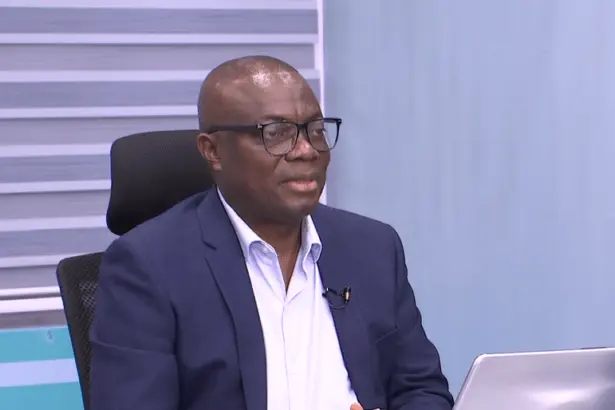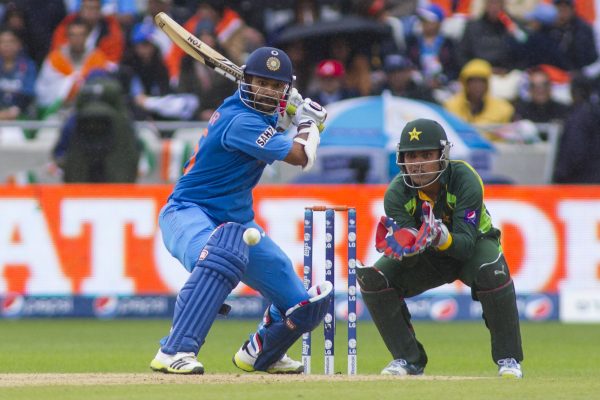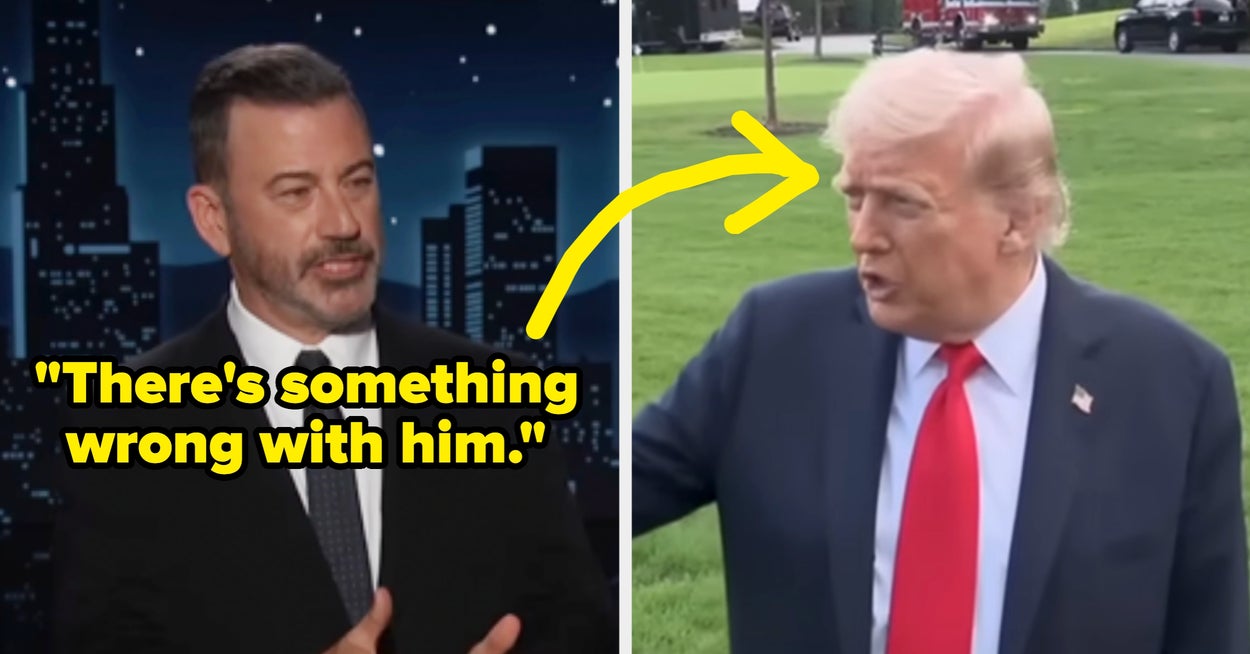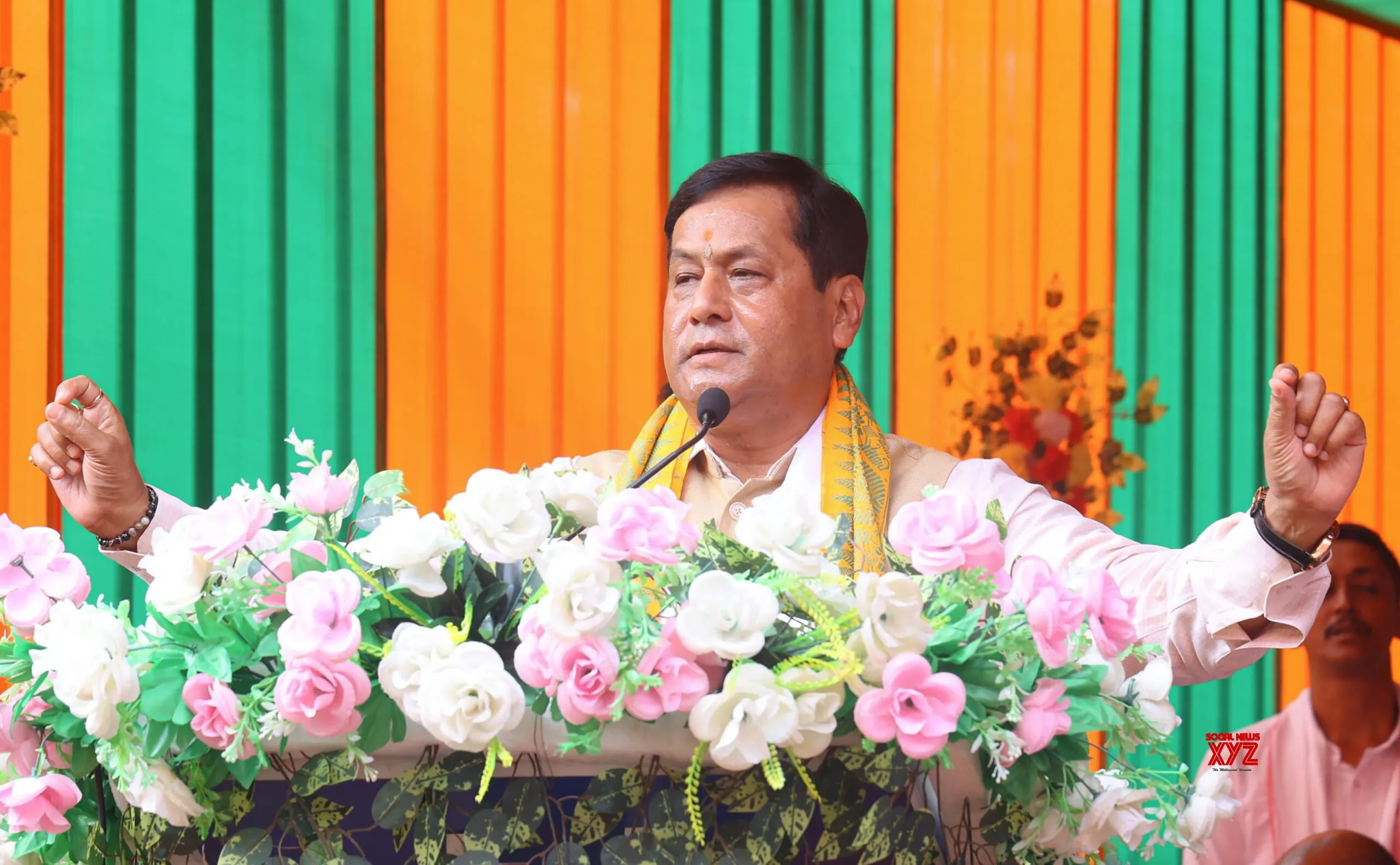By Ghana News
Copyright ghanamma

Prominent journalist Abdul Hayi Moomen has challenged researcher Mussa Dankwah’s recent proposal to categorize Ghana’s electorate into voting blocs based on a mixture of ethnic and geographic classifications.
The public discourse began after Dankwah suggested grouping the country into “Akan, northern, Ga-Adangme and Volta blocs” for political analysis purposes. Moomen, a renowned broadcaster, responded with a detailed critique questioning the methodological consistency of this approach.
While acknowledging Dankwah’s research credentials, Moomen identified what he considers a fundamental flaw in the classification system. “In grouping Akan and Ga-Adangme, you clearly used an ethnic-linguistic basis. Yet for ‘Volta’ and ‘Northern,’ you shifted to purely geographical categorization,” Moomen wrote in his response.
The journalist argued that this inconsistency creates misleading impressions about ethnic homogeneity within regions. He emphasized that the Volta Region contains diverse groups including Ewe, Guan, Adele, Akpafu, and Logba peoples, while northern Ghana encompasses Dagombas, Gonjas, Mamprusis, Frafras, Kusasis, and numerous other distinct ethnic communities.
“These groups do not only speak languages that are unrelated, take Gonja, for example, but also have different cultural practices, religious leanings, and even contrasting political affiliations,” Moomen explained in his critique.
Beyond methodological concerns, Moomen warned about potential societal consequences of such categorizations. He suggested that blanket regional groupings could reinforce divisive political rhetoric, particularly the narrative about ethnic representation in government positions.
“Such blanket categorizations feed into an unfortunate national narrative. They risk reinforcing the lazy rhetoric of ‘too many Northerners in government,’ which is often heard in political discourse,” Moomen stated.
The journalist highlighted representation disparities within regions, noting that many ethnic groups in northern Ghana have never had representatives appointed to ministerial or key national positions since 1992.
Dankwah, who heads Global InfoAnalytics, has gained prominence for polling and political analysis work. His organization has conducted various political surveys, though some have faced criticism regarding methodology and bias allegations.
Moomen’s intervention reflects broader academic debates about ethnic politics in Ghana, where scholars have extensively studied the relationship between local ethnic geography and voting patterns.
The exchange touches on sensitive questions about how political analysts should categorize Ghana’s diverse population for research purposes without oversimplifying complex ethnic and regional identities.
Moomen concluded his critique with an appeal for more progressive analytical approaches. “I wish to appeal to you, with all sincerity, to resist promoting the culture of analyzing voting patterns through ethnic or geographical lenses,” he wrote.
Instead, the journalist urged Dankwah to use his platform to promote voting based on competence, integrity, and ability rather than ethnic or regional considerations.
The debate highlights ongoing tensions in Ghanaian political discourse between analytical convenience and respect for the country’s ethnic diversity. It also reflects broader questions about how researchers and media figures should frame political discussions in ethnically diverse democracies.
Both figures command significant followings in Ghana’s media and research communities, making their exchange particularly influential for public discourse about political analysis methodologies.
The discussion occurs amid preparations for future electoral cycles, where questions of representation and ethnic politics remain prominent features of Ghanaian political conversation.



